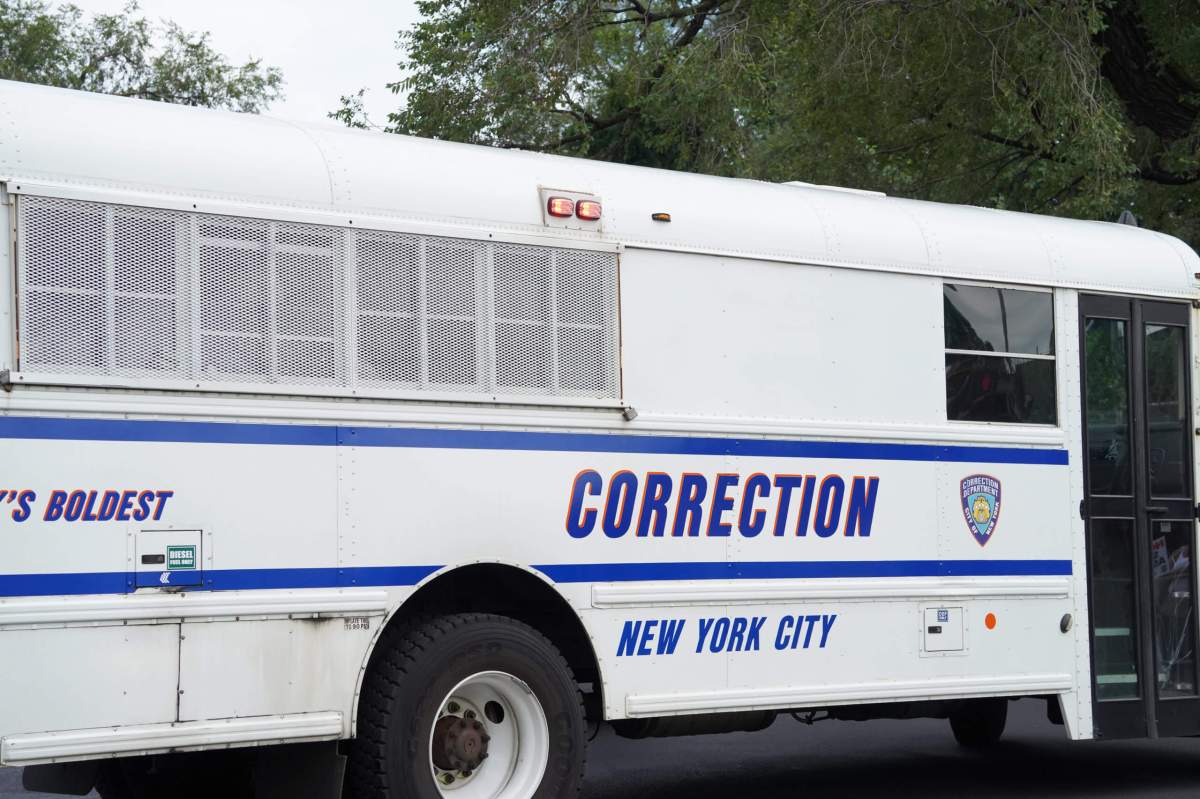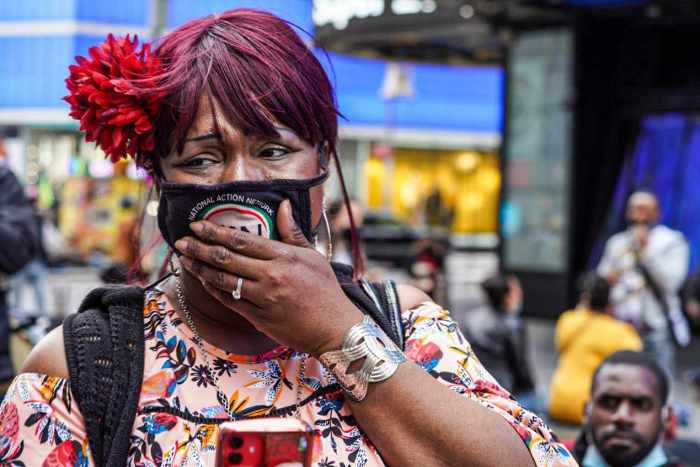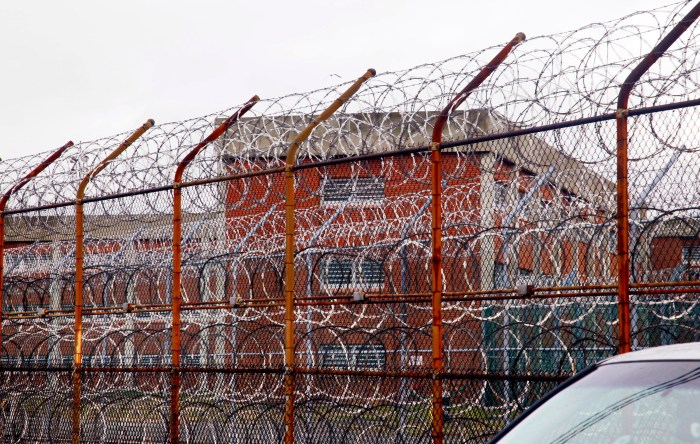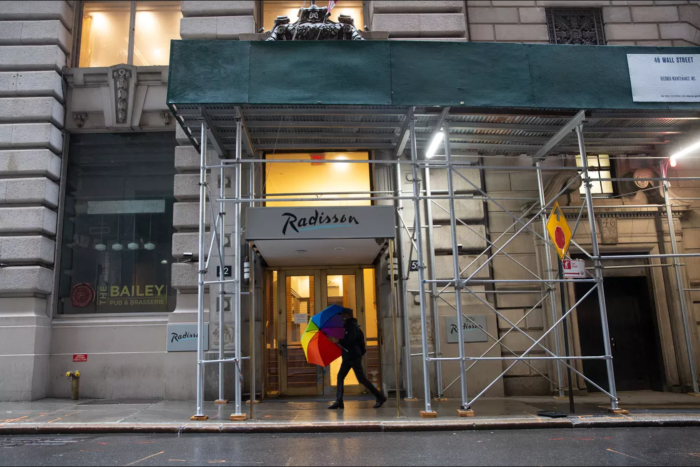The Legal Aid Society has unveiled what they call the most comprehensive law enforcement misconduct database in New York City.
The Law Enforcement Lookup (LELU) allows every day New Yorkers to review more than 450,000 misconduct records involving NYPD or New York Department of Corrections (DOC) officers.
The LELU database includes over 18,000 lawsuits filed against more than 14,000 NYPD officers between 2013 and June 30, 2022; over 190,000 Civilian Complaint Review Board records of allegations made against NYPD officers; roughly 9,000 NYPD internal misconduct records, including NYPD trial decisions and NYPD Internal Affairs Bureau (IAB) records; nearly 15,000 District Attorney (DA) and judicial records; NYPD and DOC payroll and roster data for all currently employed members of service; over 1,000 archived media articles concerning NYPD officer misconduct; and hundreds of DOC staff discipline records.
“For too long, City Hall, the NYPD, and DOC withheld these misconduct records from the public, although these records contain critical information that all New Yorkers should have access to,” said Tina Luongo, chief attorney of the Criminal Defense Practice at The Legal Aid Society on Oct. 3. “LELU is a powerful research tool, and for the first time, the general public will have access to the single most comprehensive set of law enforcement misconduct records in New York. This information will help shine a light on the culture of impunity that has existed for decades within these departments, allowing New Yorkers to better hold those who police their neighborhoods and staff local jails to account.”
Following the database’s release, the NYPD responded by saying that they strongly encouraged transparency within their department, and that the information was already available online through the Civilian Complaint Review Board.
“The NYPD strongly believes in the importance of transparency which is why the NYPD already makes discipline information, with links to the Law Department and CCRB websites, available to the public on our website,” said an NYPD spokesperson on Oct. 6. “This is an ongoing project and we expect more information to be included as we continue to digitize department records.”
The Legal Aid Society plans to continuously update the LELU as new records become available, and the LELU itself builds on a previous iteration which allowed and was designed for public defenders to share police misconduct information record prior to the repeal of the Police Secrecy Law, which used to allow offers to conceal police records including those of misconduct.
With this new database, the Legal Aid Society hopes to make accountability and transparency more accessible to the public, particularly for members of communities of color.
“Justice for our clients cannot be achieved without transparency,” said Stan Germán, executive director of New York County Defender Services. “For decades, prosecutors were allowed to portray police officers as untainted and unbiased witnesses, while laws were used to shield the public and the court from the truth regarding the misconduct and misdeeds of those very witnesses. The Law Enforcement Lookup will provide transparency and real accountability where it is needed most: our courtrooms.”
Additionally, Legal Aid hopes that the LELU will be used in the unfortunate wake of any alleged police violence or brutality in order to research officers potentially involved and discover if they have any history of misconduct.
New Yorkers can simply search names of officers and view the database’s table which provides information on the officer’s ranking, current badge number, complaint date and category and other data available.
This tool is invaluable, proponents say, because it provides a wealth of information on those who may be abusing their powers while hired to serve and protect the communities they may be harming.
“Legal Aid pioneered efforts to gather police misconduct information and make it publicly available,” said Barry Scheck, co-founder of Innocence Project. “This latest database will help defenders, prosecutors, police, and the public ensure that justice is done in our courts and witnesses tell the truth. Databases like this should exist in every city and state.”



































